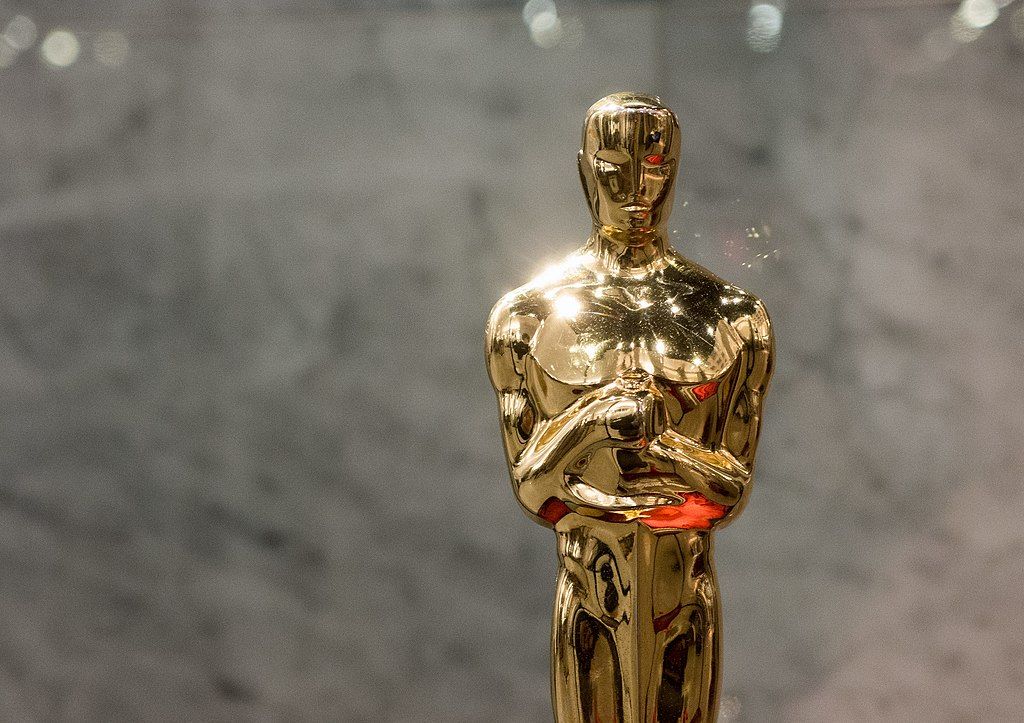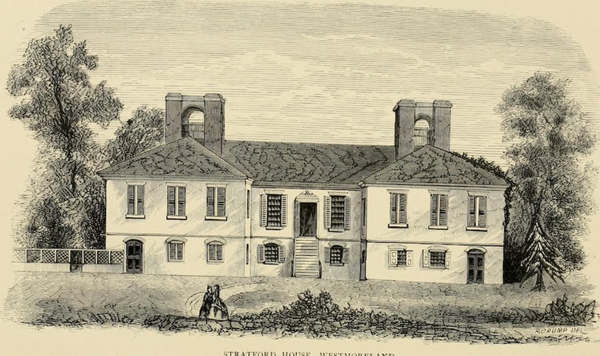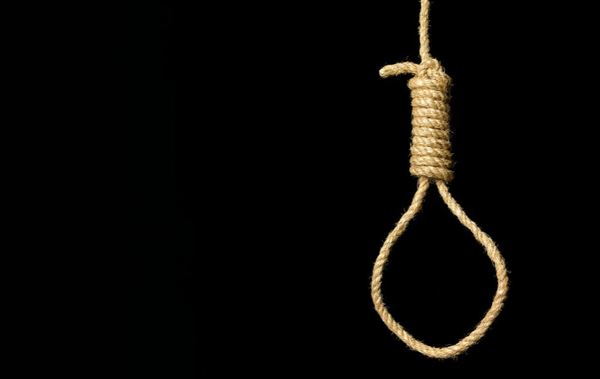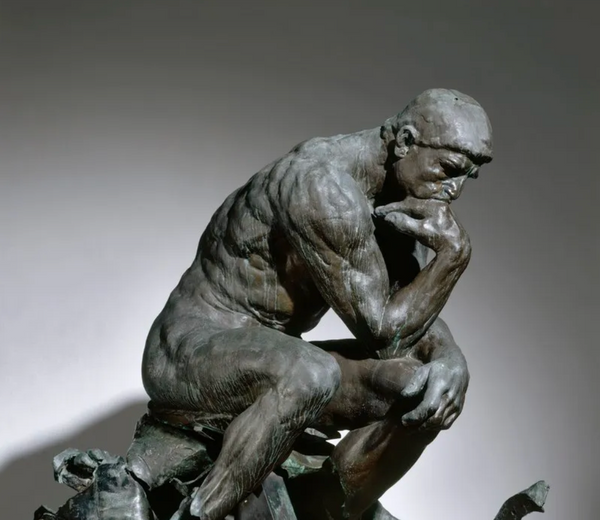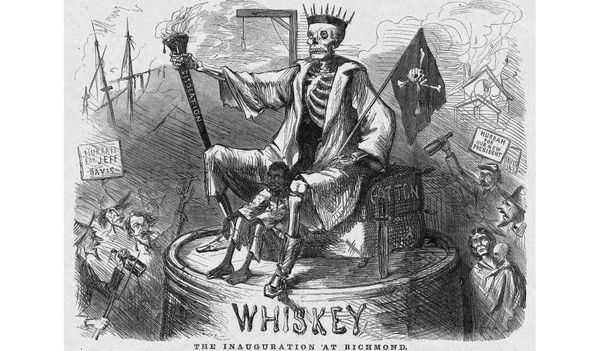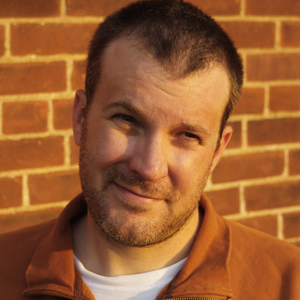Letter from the Editor
There’s no denying the telecast of the 2022 Oscars was one for the record books. The evening was a first for a number of Black people. Will Packer was the first Black producer of the telecast. Ariana DeBose won Best Supporting Actress for her debut film portrayal of Anita in Steven Spielberg’s remake of West Side Story. Did you get that? First film, Steven Spielberg, first Oscar nomination, and win! Questlove, music director for Tonight with Jimmy Fallon and frontman for the band The Roots, won best documentary for Summer of Soul. “Directorial” debut, first Oscar nomination, and win! Will Smith won Best Actor for his portrayal of Richard Williams, father and coach of tennis superstars Venus and Serena Williams in King Richard.
And then there was the incident in which Will Smith marched onstage and slapped Chris Rock for a disparaging comment he made about his wife, Jada Pinkett Smith. This event stole the focus from a night of firsts for weeks to come.
For as many people as you ask, you’ll receive as many different interpretations of what happened center stage at the Dolby Theatre almost three weeks ago. There have been hot takes, quick takes, comedic responses, pile-ons, cheers, and jeers. And many more. In situations like this, no singular take is wholly accurate or true. We’re not talking about an event that occurred in a controlled lab environment. We’re talking about real, live, complicated people, and the messiness that entails. And that’s where I’d like to begin.
Chris Rock deserved to be slapped. I’ve heard some people offer up all sorts of excuses for Rock’s behavior. “He was just doing his job.” Nope. His job was to be a presenter of nominees and announce the winner, not to roast them. But no, that was too simple. He went there because he thought he could get away with it. And that’s a privilege straight from the rarified air of the Hollywood Hills.
Every guy on the planet knows that you never criticize or joke about a woman’s appearance. Period. It’s bad form. But he couldn’t resist, he had to prove he had the biggest dick in the room. And then to tell Pinkett-Smith the comment was one of his “nice” ones? Come on. He was at the Oscars, not The Friars Club.
To minimize Rock’s remark as benign is intellectual dishonesty. He verbally assaulted Pinkett-Smith. Rock has been a comedian for decades. He knows the power of words and the difference between gentle ribbing, a joke, and going for the jugular; he knows how to deliver each for maximum effect. Come on now. Rock’s been around Black women his entire life. He understands Black culture and the value Black women place on their hair. He even produced, narrated, and starred in a documentary on the subject. To make that comment to Black woman was patently disrespectful and a calculated hit intended to humiliate.
I have to wonder how the Black folks opining that it was “just a joke” would respond if their well-known loved one had been mocked in a worldwide telecast about a physical condition beyond their control. I doubt seriously they’d be “cool with it.” And anyone who would be “cool with it” is certainly undeserving of that loved one. White folks, I’m not addressing you in this paragraph because the likelihood of Chris Rock taking a swing like that at Demi Moore or any other white actress is . . . well . . . unimaginable.
As for the assertion Rock didn’t know Pinkett-Smith had alopecia, that strikes me as possible, but my Magic 8 Ball says Very doubtful. A-List celebrities are a small community in Hollywood’s film and television industry, with top-tier Black celebrities forming an even smaller community. The Smiths and Rock’s paths have crossed professionally for decades. Even if neither Smith told Rock of the medical condition, there were plenty of other folks—personal assistants, managers, agents, and the like—who knew about her condition and may have brought it up in passing.
Not to mention People magazine published an interview with Pinkett-Smith about the diagnosis in December 2021. Let’s face it: bad news travels fast. Everyone knows everything about everyone else in Hollywood. People make it their business to know what’s going in people’s lives. Knowledge is power. Careers have been made and lost thanks to knowing what others are up to.
Do I think Rock did anything right onstage? Yes! He held his composure after being assaulted. He had to. The ridicule he would’ve faced to running off stage after being slapped—not punched, but slapped—would’ve followed him for the rest of his life.
During the telecast, the camera cut from Rock to capture Pinkett-Smith’s reaction and she appeared to be smiling. If she was so upset by the comment, people ask, then why was she smiling? As someone living with dwarfism, I can’t tell you the number of times people have gone out of their way to say the rudest, most offensive things to my face about my height. Have there been instances where I’ve wanted to cold-cock them for their abusive behavior? Yes, of course. There have been occasions when I’ve been caught so off-guard, my shock presents itself as momentary nervous laughter. Sometimes a cheeky clapback shuts them up and points out the inappropriateness of their comment.
But there have been instances when it’s been in my own best interest to keep my mouth shut and ignore the comment, despite seething with fury hot as lava that someone would find a condition that I have no control over—that impacts every waking minute of my life a source of amusement. So no. I am not of the mind that Pinkett-Smith’s smile or even laughter conveyed her approval or agreement with Rock’s statement.
After cutting back to Rock onstage, the camera returned to the Smiths, and Pinkett-Smith did not look amused. We don’t know what was said between the Smiths. Frankly, it doesn’t matter. Perhaps the impact of Rock’s comment registered with one or both of them. We also don’t know the depths of emotion the Smiths endured in the privacy of their home due to the alopecia diagnosis. My guess is it would be very traumatic for Pinkett-Smith, especially in an industry where looks are everything, and disconcerting for any husband to witness his wife suffer from a disease that has no known cure. Whatever they experienced, Rock’s comment was the last straw for Smith.
During my formative years, my friends and I learned early on to respect women. My parents taught me this by example, as did many of my friends’ parents. My parents were equal partners in running the household and parenting. The belief was that hitting, fighting—and fighting with girls especially—was completely unacceptable. I carried that belief through middle and high school, and by the time I reached college, it was simply a part of who I was.
Were Smith’s actions over the top? Yes, and I hope he gets the help he needs to process the events of that night and any underlying issues. But I will say this, Smith had the presence of mind to clean up his mess by apologizing to the night’s nominees, winners, guests, and viewers the night of the slap. He apologized to Rock the next day. And Smith resigned from The Academy five days later.
And there’s still the faux outrage and piling on that violence is never the answer, expel Smith from the Academy, ban him from the Oscars, and while you’re at it take away his Oscar! This from segments of the population and the Academy which are still mum about John Wayne, Woody Allen, Roman Polanski, and Adrien Brody’s acts of assault (and worse) against women and children. But let’s make an example of Smith. Hypocrisy to these folks is like a shiny medal of honor to be worn proudly on the chest of many. Catherine Pugh, Esq. addresses this dynamic in her thought-provoking article, Smith? Check. Now Clean Up the Rest of Your Hot Mess, AMPAAS.
Call me naïve, but I don’t see this as something to damage my people’s standing in the world’s eyes. People who are sophisticated enough know that the slap is not indicative of all Black people. However, there are plenty of you out there who already regard us as a dangerous monolith. And no recognition of Black excellence, obeisance to conventions of comportment, or act of contrition by a Black person for a real or imagined transgression will convince you otherwise. That’s on you . . . but still, like air, we’ll rise.
Here’s the TL;DR: American society has a serious problem. Freedom of speech does not mean freedom from consequences. Our mores have so devolved that demeaning one another is acceptable as long as it serves as a stepping stone to the next level of virality, job, or political position. When the punchline is another human being, the joke is never justified.
Love one another.
Clay Rivers
OHF Weekly, Editor-in-Chief
In Case You Missed It
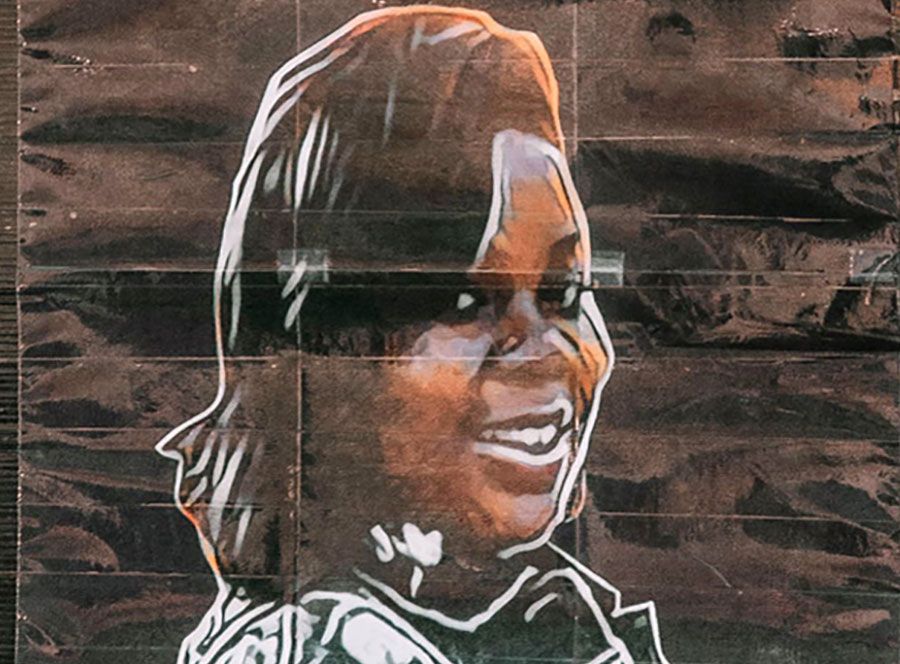

Calling All Fiction Writers!

All the info you—or the writer in your life—need about our annual Equal People series. For 2022, we retooled the series into a fiction writing contest with a cash prize for the top writer. And have we got an ingenious theme for this year. Check it out!
Get Your Copy of Fieldnotes on Allyship
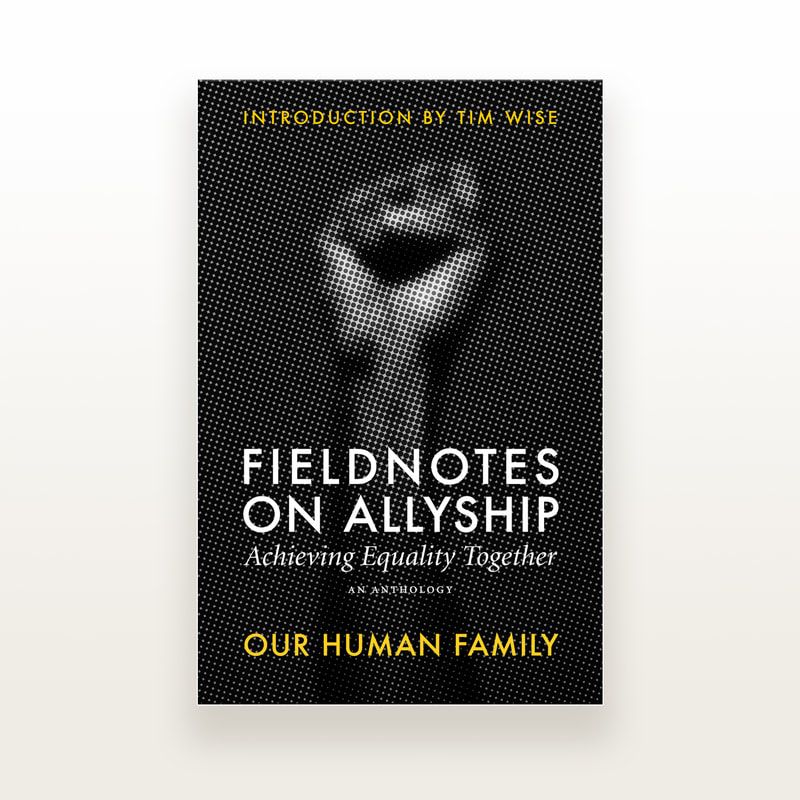
In the aftermath of the murder of George Floyd and the routine killing of Black Americans, unprecedented numbers of people are participating in peaceful marches and demonstrations across the United States. There are many more who want get involved, for whom demonstrations are not an option. And they’re unsure what to do.
Fieldnotes on Allyship is an informal and informative guide to becoming an effective ally right where you are. Written by eighteen authors from the U.S. and around the world, this collection of essays covers four areas: 1) a history of how we as a nation got here, 2) the forces that maintain systemic racism, 3) preparing to serve as an ally, and 4) serving as an ally.
This anthology, with an introduction by anti-racism educator and author Tim Wise, presents a different way forward: a vision in which we acknowledge, support, and celebrate the humanity in all of us.
Want to read an excerpt? No problem. Here you go—Fieldnotes on Allyship excerpt!
Available in print, and for iPad and Kindle readers.
Final Thoughts
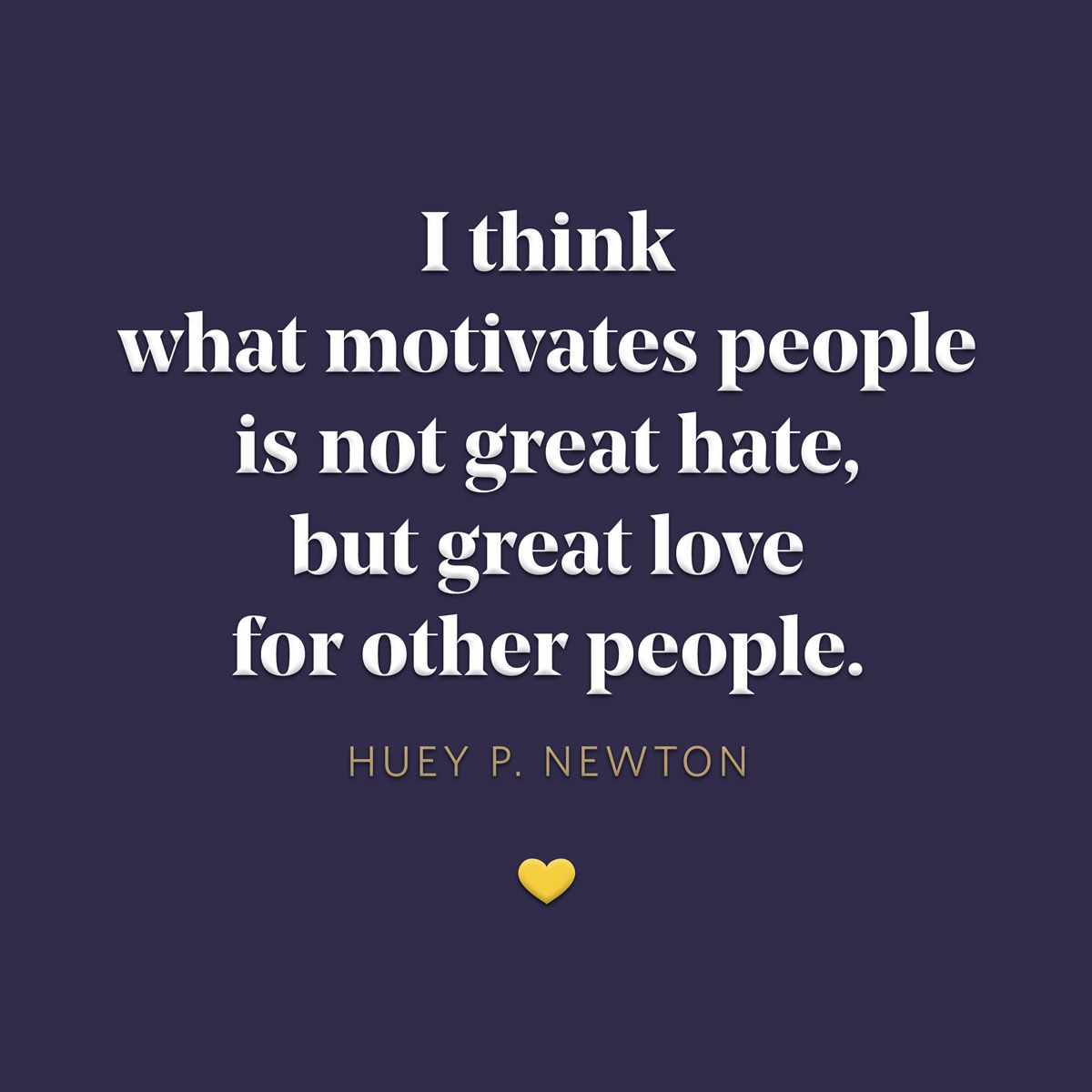
Top image made available under the Creative Commons CC0 1.0 Universal Public Domain Dedication.




